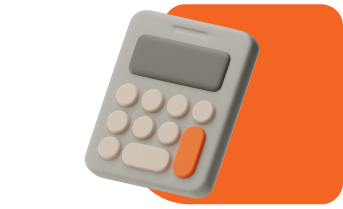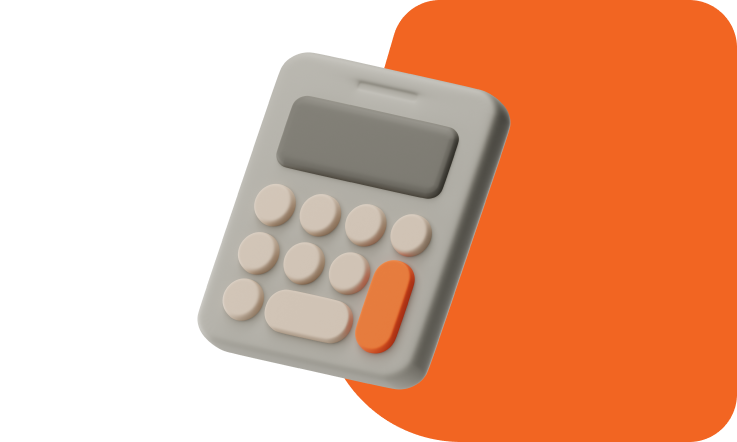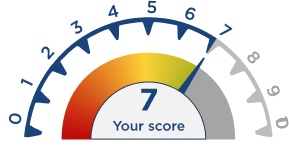Age
- Question
- Age
- Answer
-
Must be at least 18 years old.
Minors can open an RD account with the help of a parent or legal guardian (minor accounts are managed by the guardian until the minor reaches adulthood).



















